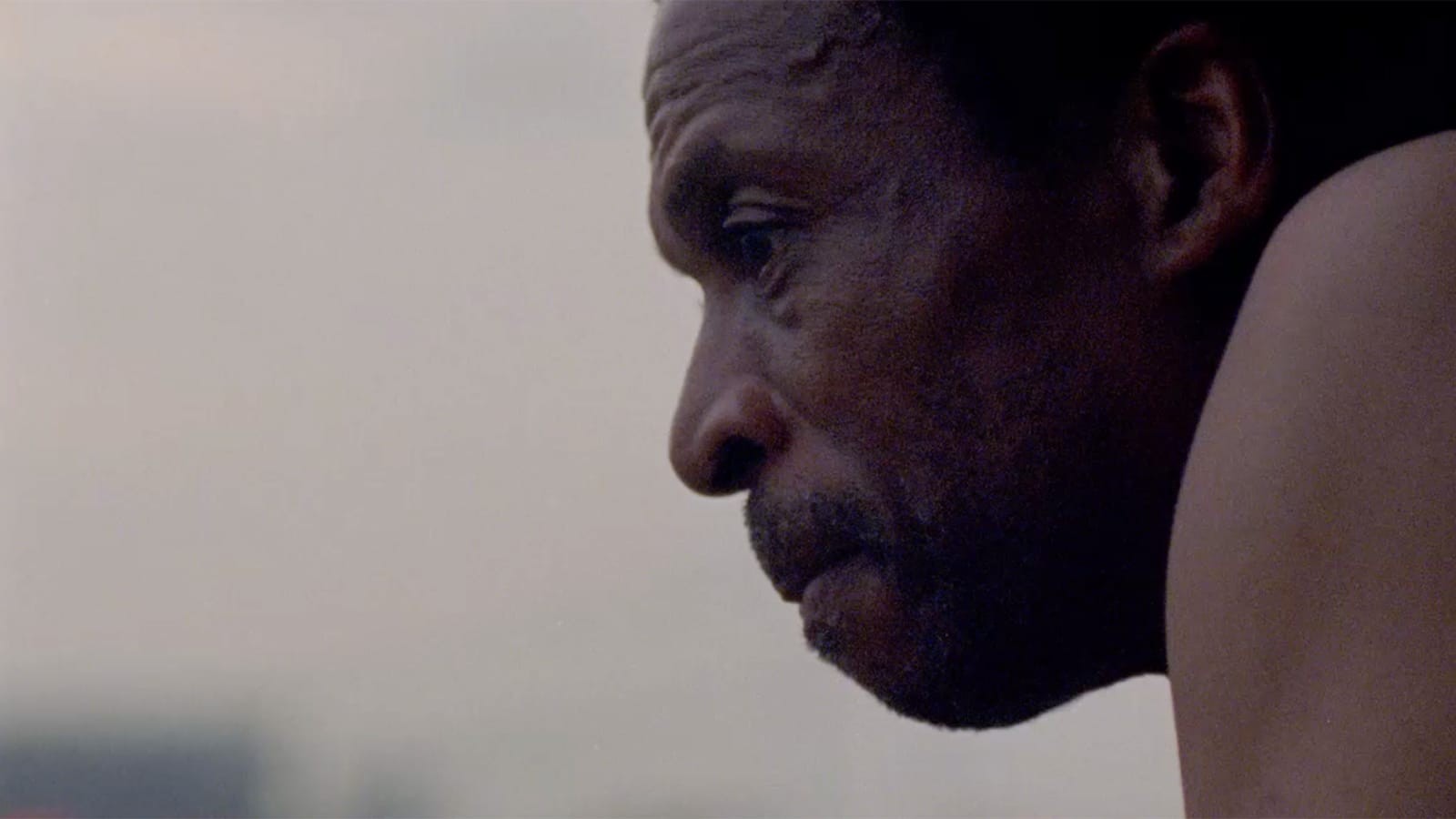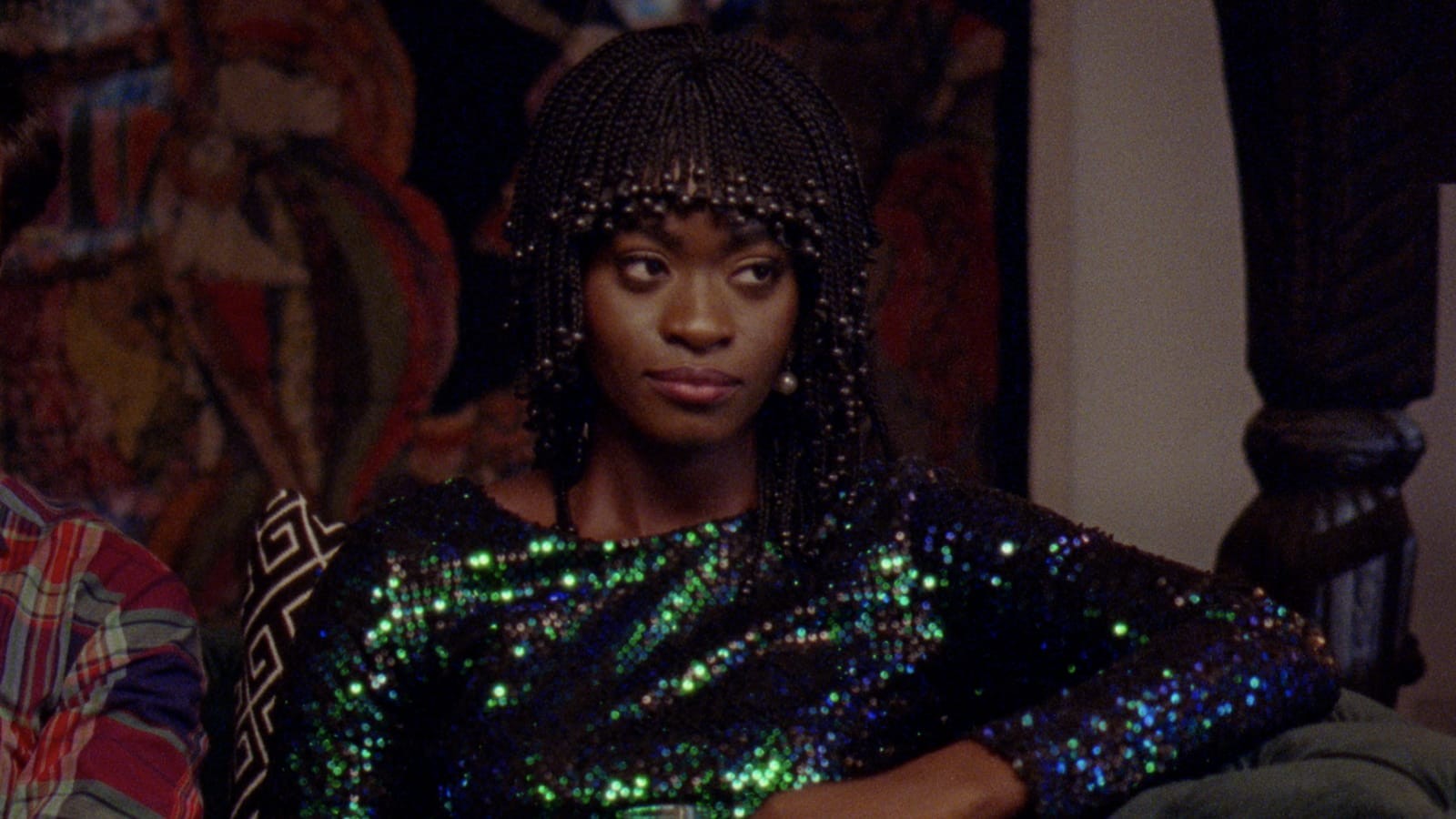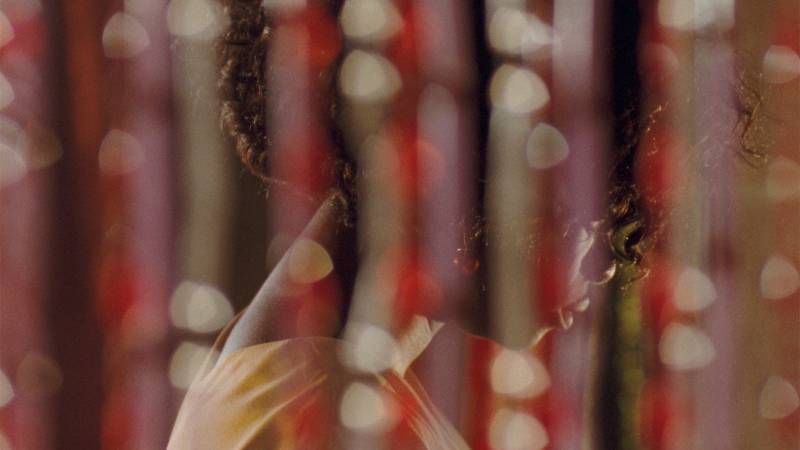One of the most inviting and rewarding African films in recent years, Eyimofe (This Is My Desire) vividly explores perhaps the most irresistible theme in movies: the urge for a better life. Nigerian twin brothers Arie Esiri and Chuko Esiri’s debut feature, opening Aug. 27 at the Little Roxie, may hit the expected road markers—likable protagonists, unforeseen setbacks, wrenching compromises, smiling determination—but it does so without sacrificing freshness or charm.
The impulse to get ahead, especially in African cinema, is typically manifested in a village innocent coming to the big city. He or she invariably gets seduced or swallowed by criminals or the nouveau riche, respectively, and their cash. In contrast, the protagonists of Eyimofe are well-established (albeit underpaid) in Lagos, and know their city very, very well. But they are not exempt from the endemic corruption and exploitation that await newcomers.
The film, which screened earlier this year in the SFFILM Festival, is split into two unconnected yet parallel stories. Mofe (Jude Akuwudike), a cheerful fix-it master at a jury-rigged workshop who also does repair jobs in the evening, drives the first half with his preparations to emigrate to Spain. An awful accident compels him, eventually, to deal with his father, whose shockingly selfish machinations prove the biggest enemy of Mofe’s dream.

Mofe keeps on keeping on, though, eventually handing the screen to streetwise Rosa (Temi Ami-Williams), a hairdresser and bartender (no one can live on one job, it seems) set on going to Italy with her pregnant younger sister. In her bits of free time between working, pursuing and paying for various travel documents, Rosa fends off her leering landlord and takes up with a well-off American, a development that takes the film from the street to the penthouse. The line between romance and commerce—what’s love got to do with it?—hasn’t been this blurred since the pre-Code days of Barbara Stanwyck and Jean Harlow.
Like those entertaining social-issue films, Eyimofe retains an astonishing buoyancy and generosity of spirit amid the continuous bartering of dreams and souls. The Esiri brothers evince a palpable air of affection toward Mofe and Rosa, and the milieu of workaday Lagos, that infuses the movie with a sense of optimism borne of persistence. Neither guarantees success, of course, but Eyimofe is far more enjoyable than a film bent on snuffing hope like a candle. (Be sure to stick around for the ’70s pop song playing over the end credits, Ifeanyi Eddie Okwedy & His Maymores Dance Band’s “Happy Survival.”)

There’s another aspect of Eyimofe that is grounds for celebration. While the filmmakers received their MFAs at Columbia (Arie) and NYU (Chuko)—New York film schools with a different ethos from their Hollywood-adjacent counterparts—the familiar rules of narrative filmmaking still apply. It’s a pleasure to report that the Esiris’ debut feature has a rhythm and looseness that contributes significantly to the feeling of place. If Eyimofe is a tad too long, it’s because the filmmakers are more interested in the texture and tapestry of the world their protagonists inhabit than in building suspense and orchestrating climaxes.


